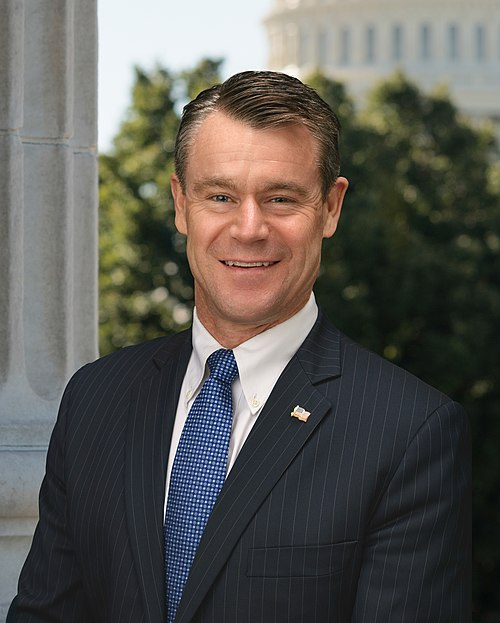S. 2697: National Biotechnology Safety Act
This bill, known as the National Biotechnology Safety Act, aims to enhance the understanding and regulation of biotechnology by authorizing research and assessments related to the safety of biotechnological products. Here are the key components of the bill:
Purpose of the Bill
The bill is primarily focused on:
- Conducting research to address potential risks to environmental, human, and animal health associated with biotechnological products.
- Assisting regulators in developing clear regulatory pathways for the approval and monitoring of biotechnology products.
Research Funding and Support
The bill outlines that the Director of the National Science Foundation (NSF) will establish a program to fund research related to organisms produced using biotechnology. This funding may support various mechanisms such as:
- Research grants
- Cooperative agreements
- Temporary research collaborations
Eligible Recipients for Research Funding
Funding can be awarded to a diverse set of entities, including:
- Institutions of higher education
- Federally funded research and development centers
- Nonprofit research institutions
- Private sector entities and industries
- Consortia of any combination of these organizations
Selection and Prioritization Criteria
When selecting applicants for funding, the NSF will consider:
- The potential for commercialization of the biotechnological products
- Existing knowledge and risks associated with similar organisms
- The importance of the research project in advancing key priorities
- Ethical, legal, and social implications of the project
Biotechnology Studies and Reporting
The bill mandates a comprehensive two-phase study conducted by the National Academies of Sciences, Engineering, and Medicine, which will assess:
- The safety and benefits of biotechnology compared to conventional methods and products
- Recommendations for assessing risks and future evaluations of biotechnological products
Reports summarizing the findings and recommendations from these studies must be made publicly available.
Implementation Plan
Following the submission of the reports by the National Academies, the NSF Director is required to present an implementation plan to Congress. This plan will address any identified research gaps concerning the safety of biotechnology tools and products.
Funding Appropriations
The bill authorizes specific funding amounts to support the outlined activities. For example:
- $50,000,000 each fiscal year from 2026 to 2030 for the research program established by the NSF.
- An additional $1,500,000 is authorized for the first year of the study conducted by the National Academies.
Coordination with Other Regulatory Agencies
The Director is also tasked with coordinating with other federal agencies such as the Department of Agriculture and the Environmental Protection Agency to ensure that research aligns with existing regulations and oversight frameworks.
Relevant Companies
- BAYRY - Bayer AG: As a key player in agricultural biotechnology, Bayer may experience changes in how their genetically modified products are assessed and regulated depending on the findings from the risk assessment research.
- DOW - Dow Inc.: Engaged in agricultural sciences, any new regulations stemming from this bill could impact their development of genetically modified crops.
- MONS - Corteva Inc. (formerly part of Monsanto): As a company heavily involved in biotechnology-driven agriculture, they may be affected by changes in regulatory requirements and safety assessments.
- AVY - Avery Dennison Corporation: Engaged in providing materials and solutions that may involve biotechnology, the company could be indirectly affected by the outcomes of safety assessments.
This is an AI-generated summary of the bill text. There may be mistakes.
Sponsors
2 bill sponsors
Actions
2 actions
| Date | Action |
|---|---|
| Sep. 03, 2025 | Introduced in Senate |
| Sep. 03, 2025 | Read twice and referred to the Committee on Health, Education, Labor, and Pensions. |
Corporate Lobbying
0 companies lobbying
None found.
* Note that there can be significant delays in lobbying disclosures, and our data may be incomplete.











